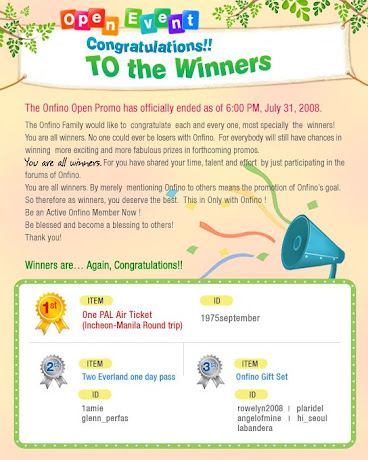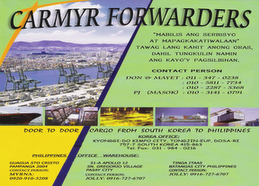By: Zack
Bawat gabi'y mahapdi ang aking mga mata,
Sa kakatitig sa imahe ng maamo mong mukha.
Ngunit mas matinding kirot ang sa puso ko'y nananahan,
Alam kong tayo'y walang pag-asang maging magkasintahan.
Sinubukan kong sa iyo ay magpalipad hangin,
Subalit ni hindi mo yata ito napapansin.
Mga papuri at paghanga sa iyo'y patungkol,
Mga pakuwela at akda lahat sa iyo iniuukol.
Minsan natuwa ka sa aking ipinaskil,
Subalit kasiyaha'y agad ding kinitil.
Nilibak ng mga taong walang alam,
Itinatagong pagliyag tuluyan ng nabalam.
Kanina nagmensahe ako ng papribado,
Inilabas damdaming pagtatangi ko sa iyo.
Nakatawang sumagot sa akala mong aking biro,
Pag-asa ko'y dagli-daglian ng gumuho.
Sa darating na engradeng pagkikita-kita,
Ng mga miyembrong tunay na may katangiang iba-iba.
Sa isang sulok ako'y tahimik na tutunghay,
Sa espesyal na taong wagas na pag-ibig sana ay iaalay.
Subalit ngayung gabi'y sadyang kakaiba,
Pilit kang iwinawaksi habang tangan ay serbesa.
Tadtad ng sakit sa di maitatagong katotohanan,
‘Di tayo bagay kahit saang anggulo man tignan.
Kinakausap ko na naman ang ‘yong mga larawan,
Subalit tanging aking buntonghininga ang napapakinggan.
Kinukumbinsi ang aking sarili para makuntento,
Sa pag-ibig na piping saksi'y ang forum na ito.




